
State, federal, and local leaders celebrate the transformation of a former industrial waste site into a 25-acre eco-friendly campground on the Keweenaw Waterway.

From SmartWay-certified carriers to renewable fuels and route optimization, third-party logistics providers are leading the charge in reducing emissions, saving fuel, and shaping a greener, more cost-effective supply chain.

With smoke risks increasing nationwide, officials are equipping households, schools, and workplaces with actionable strategies to safeguard health during wildfire season.

With mounting pressure from clients, regulators, and supply chains, construction firms are turning to sustainable materials not just for compliance—but for competitive edge.

With summer underway, residents across the state are getting crucial updates to help protect their health and reduce harmful emissions during peak ozone months.

Infrastructure upgrades bring clean water and reliability to rural Oregon community.

Shared solar programs are expanding access to renewable energy for renters, businesses, and underserved communities.

A new round of $267 million in Brownfields Grants will support environmental cleanup and redevelopment efforts in communities across the United States.
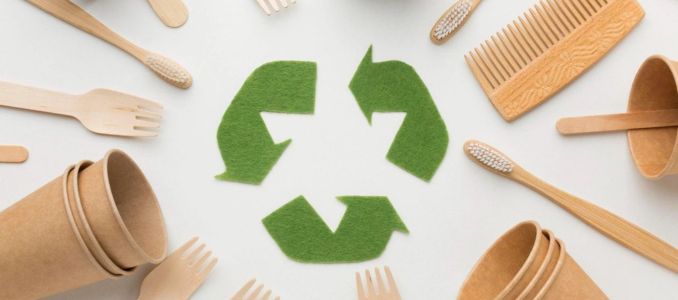
Eco-friendly products are everywhere—but are they truly sustainable or just clever marketing? This article uncovers what really makes a product green.
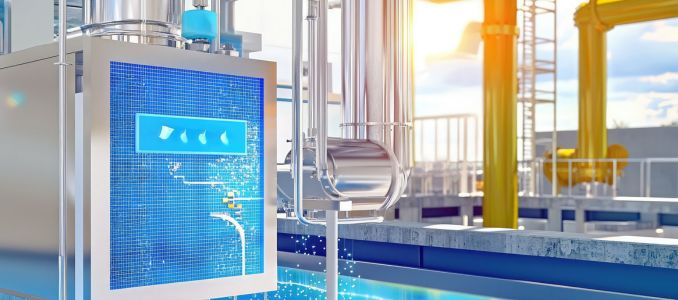
H2Plus is scaling up its mobile treatment units across the U.S., offering a destruction-based solution for eliminating toxic PFAS compounds from contaminated water sources.

Smart renovations help businesses cut costs, boost comfort, and build a greener future—one upgrade at a time.
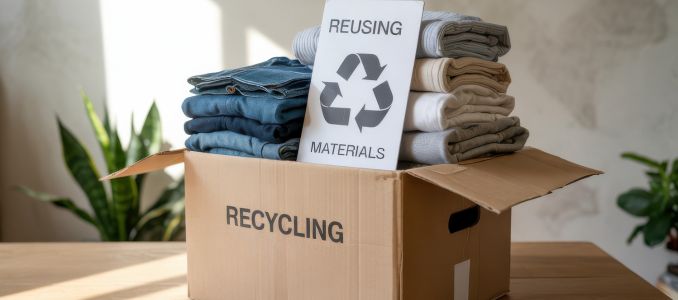
Recommerce helps protect the environment by cutting waste, conserving resources, and reducing carbon emissions.
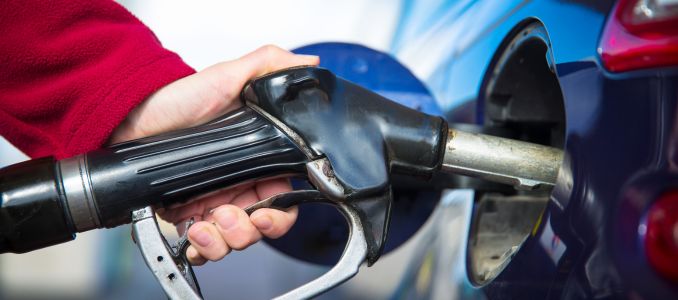
The EPA has issued an emergency waiver allowing the sale of E15 gasoline throughout summer 2025 to help address ongoing fuel supply challenges.
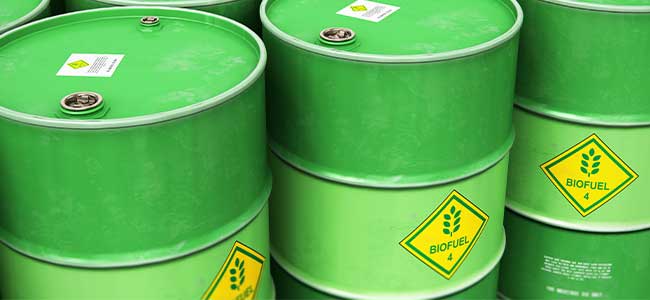
The DOE and EPA have allocated $6 million to support biofuel technology advancements.
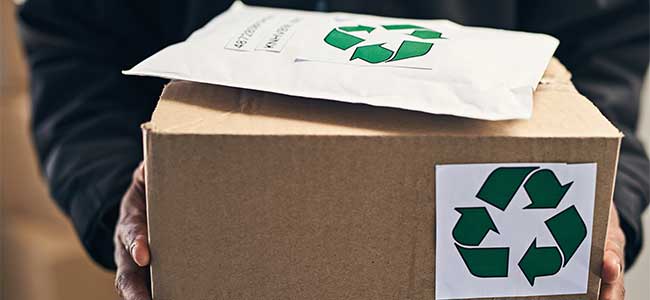
Using eco-friendly packing materials during a move reduces environmental impact and promotes sustainable practices.

The EPA is proposing stricter NOx emission limits for stationary combustion turbines to reduce harmful pollution and protect public health.
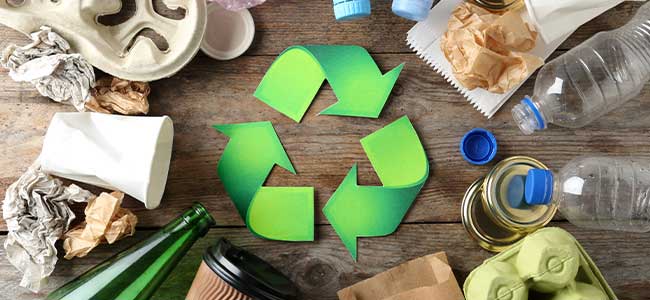
The EPA has made significant progress in recycling infrastructure and waste reduction, supported by the Bipartisan Infrastructure Law and community-focused grants.

Practical reuse initiatives in the workplace can significantly reduce waste and generate cost savings.
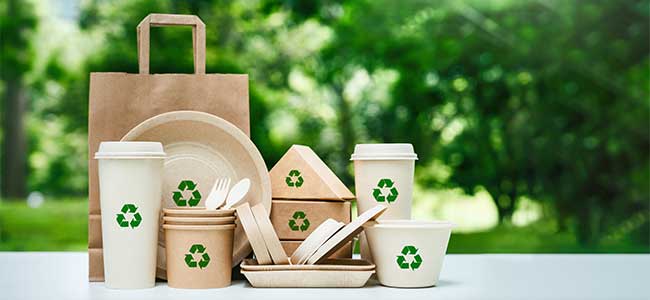
Scaling up the production of biodegradable materials faces challenges but increased collaboration, research and consumer education offer potential solutions for overcoming these hurdles.
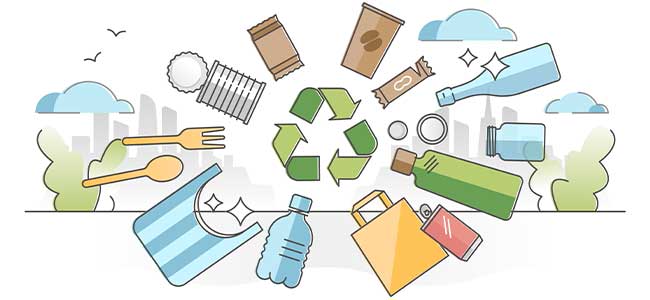
Consumers' growing demand for sustainability is pushing the plastic packaging industry to adopt eco-friendly alternatives to reduce environmental harm and waste.